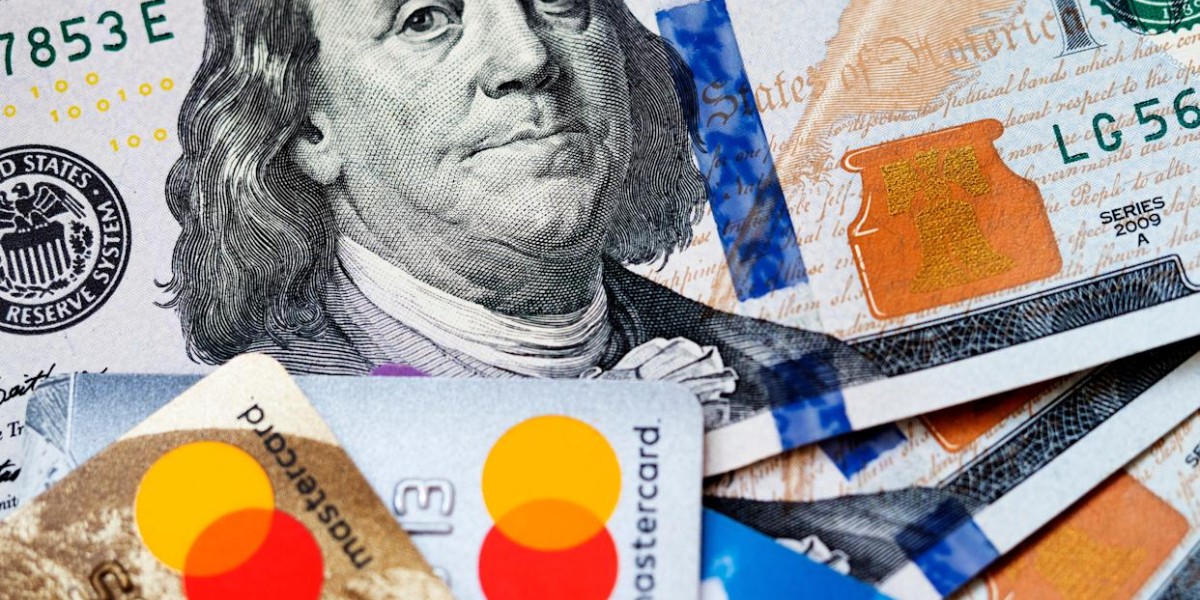Regarding the fight against con artists operating online, a couple from Florida has provided a cautionary tale: Do not put your faith in that text message.
More than $80,000 was lost by an elderly couple on June 22 after they received a text message informing them of a “unauthorized $599 charge” on their PayPal account, as reported by the police in the city of Ormond Beach, which is located in the eastern part of Florida.
When the couple attempted to resolve the issue by calling the number that was provided in the message, they were met with a form from con artists who were pretending to be representatives of Norton Security. The form asked them to list the amount of money that they had lost.
After seeing that they had received a deposit of $50,000 back into their account, the couple believed that they had made a mistake by adding a few zeros to the form. They then wired the additional money that they believed they had received, which was approximately $49,000, to an account in Utah.
Scammers, on the other hand, asserted that the money was never sent because of an issue with the Internal Revenue Service and demanded that the money be paid in cash. The Florida couple reportedly handed over a total of $33,000 in cash to a courier who came to their residence, as reported by the police.
Police have stated that they are working to locate the con artists and retrieve the money that they have lost. The total amount that they have lost is close to $83,000.
The company PayPal issued a statement in which it urged its users to exercise caution whenever they are being asked to take part in a transaction that is associated with its website. Instead of contacting customer support through search engines or other sources, they suggested that users contact customer support through the PayPal website or app.
PayPal scams proliferate
Scammers who are looking to make a quick buck have adopted PayPal as a popular target for their schemes.
Two men were taken into custody by the police in Tennessee at the beginning of June. They are suspected of being involved in a sophisticated multistate PayPal scam that was comparable to the one that the couple in Florida fell victim to.
According to a report, the police believe that the men, who have been identified as Hongqi Cui and Li Muxi, accessed the bank accounts of a victim remotely by impersonating a PayPal representative. After that, they requested that the victim hand over large amounts of cash to a courier. Department of Homeland Security and Federal Bureau of Investigation are both conducting investigations into the case.
The overall number of phishing attempts across the country is on the rise. Phishing was one of the top three types of cybercrimes that were reported in 2024, according to a report that was published in April by the Internet Crime Complaint Center of the Federal Bureau of Investigation.
According to the report, the FBI had $16.6 billion stolen in 2023, which is a 33% increase from the previous year. The most significant losses, which amounted to nearly $5 billion, were sustained by individuals aged 60 and older.
Text scams are another major factor in this phenomenon. Data from the Federal Communications Commission indicates that the United States of America lost close to $500 million in 2024 as a result of interactions that took place over text messages.
How to protect yourself against scams
The Federal Trade Commission recommends the following actions to take in the event that you receive a text message that appears to be suspicious from a payment website, bank, or store:
- You should refrain from responding to the message and refrain from clicking on any links or attachments.
- You should get in touch with the company by calling the customer service phone number that is listed on their website if you are uncertain about the authenticity of the message.
- Please mark the message as either spam or junk mail.
- Please send the message to the SPAM (7726) address.
- You can either file a complaint with the FBI’s Internet Crime Complaint Center at ic3.gov or report the text using the FTC’s website, which can be found at reportfraud.ftc.gov.


 by
by 

